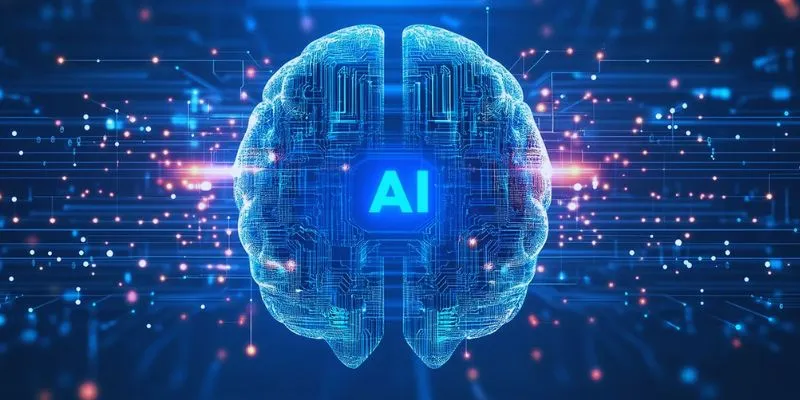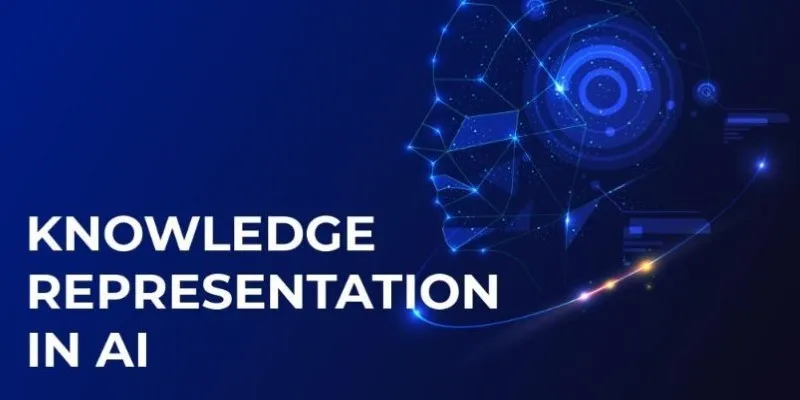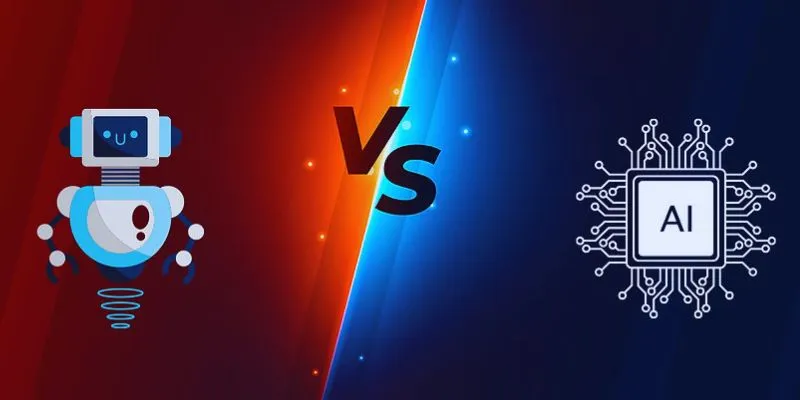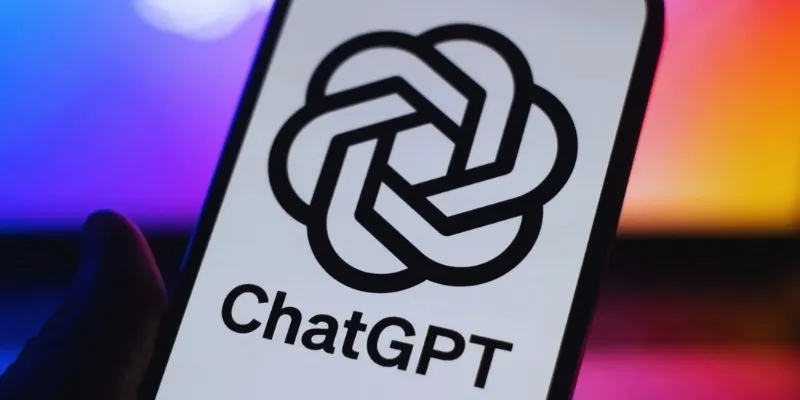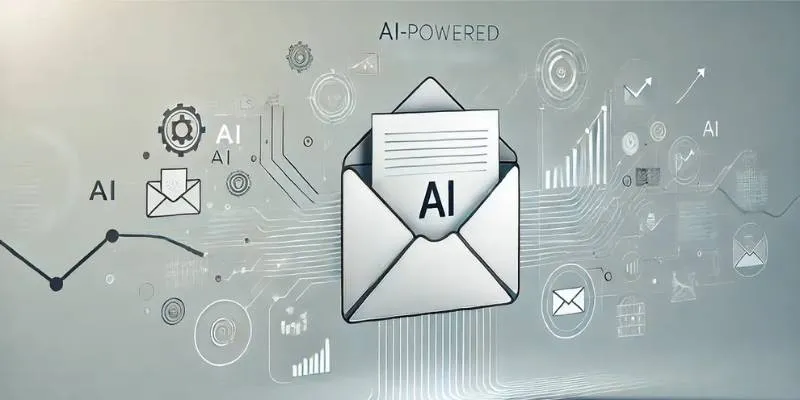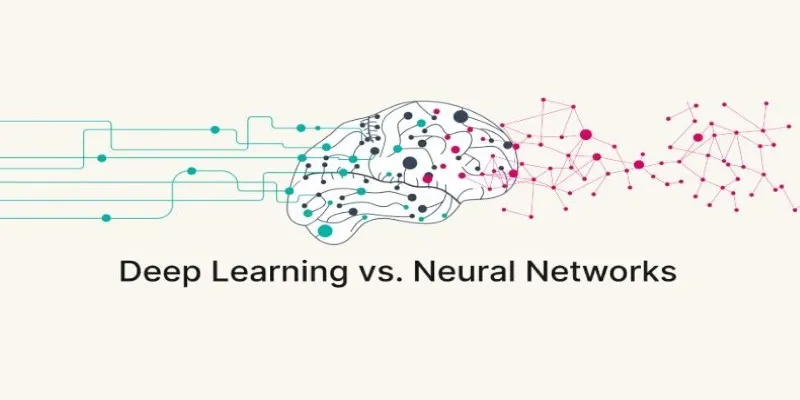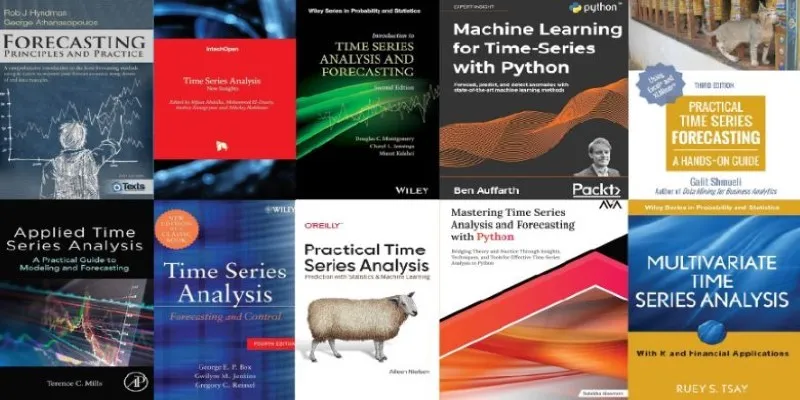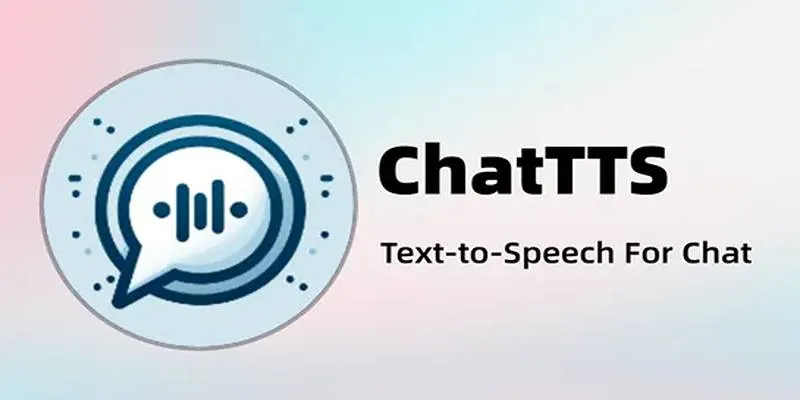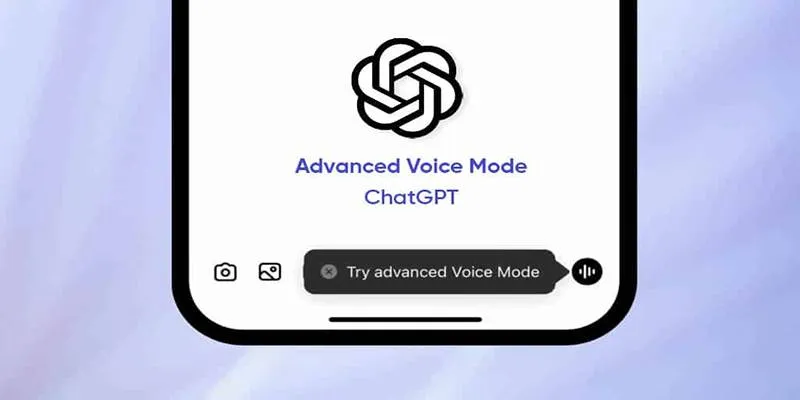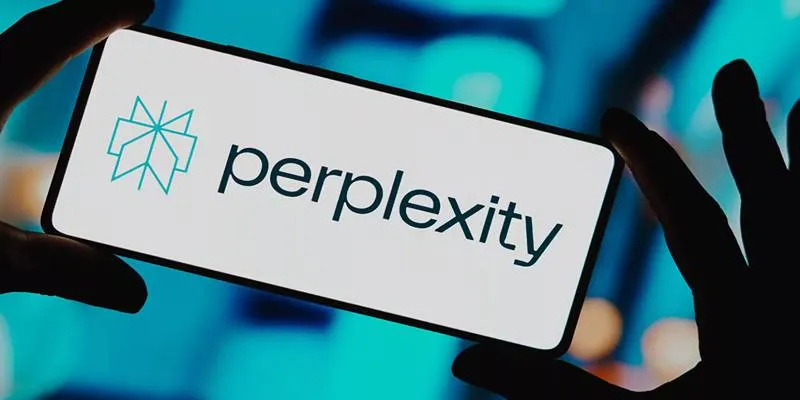Artificial intelligence is evolving rapidly, and while many people are eager to understand AI and ChatGPT, they often don’t know where to start. Fortunately, free online courses provide easy access to learning. These courses cover AI fundamentals and ChatGPT applications, helping you grasp the basics if you’re new to artificial intelligence.
The best part is that you don’t need any coding knowledge to get started. These classes cover AI concepts, practical engineering, and theoretical frameworks, making them ideal for beginners and those looking to advance their AI skills. In just a few weeks, you can progress from beginner to expert. Here are five free AI and ChatGPT courses that will elevate your understanding from the ground up.
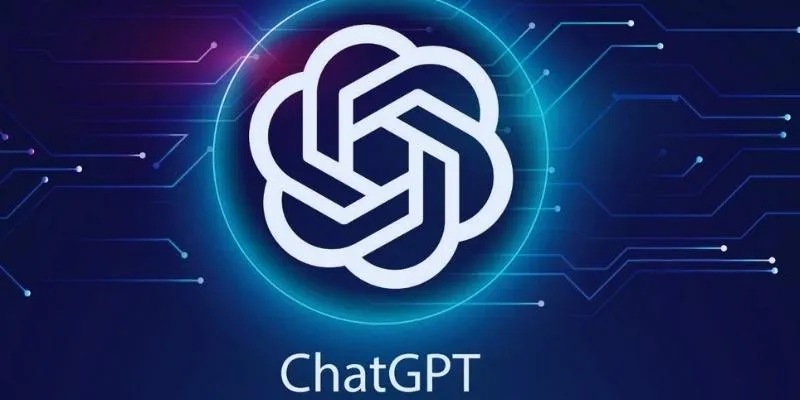
5 FREE Courses on AI and ChatGPT to Take You From 0-100
Below are five free courses that will aid your understanding of AI and ChatGPT, from basic concepts to practical applications.
Introduction to AI by Coursera (offered by Stanford University)
Stanford University’s Introduction to AI course on Coursera provides an excellent foundation in artificial intelligence, covering fundamental AI concepts like machine learning, deep learning, and practical AI uses. Taught by experienced Stanford professors, this course is designed for those without prior knowledge of AI. It highlights key topics such as neural networks and AI development, explaining how various sectors utilize AI. The main advantage of this course is that it requires no programming skills, making it accessible to everyone. While it offers a comprehensive understanding of AI, it lacks hands- on coding activities, which might not be ideal for those seeking practical AI experience. Overall, this course is perfect for beginners seeking a solid theoretical understanding of AI, offering insights from leading AI experts to pave the way for more advanced topics.

**ChatGPT Prompt Engineering for Beginners (by OpenAI and
DeepLearning.AI)**
OpenAI and DeepLearning.AI offer the ChatGPT Prompt Engineering for Beginners course, guiding students in crafting effective prompts for AI interactions. This course helps users understand ChatGPT’s workings and optimize responses by creating better questions, making it ideal for novices. It’s valuable for various uses, including content creation, brainstorming, and customer support. The course is concise, easy to follow, and includes practical activities. It allows users to interact with ChatGPT to enhance AI- generated responses, providing hands-on experience. While it focuses mainly on prompt engineering, it doesn’t delve into complex AI concepts or technical details. This course is ideal for anyone looking to maximize ChatGPT’s features without needing programming skills, offering a fantastic tool for beginners aiming to improve prompt results and learn AI interaction techniques.
Elements of AI by the University of Helsinki
The Elements of AI course by the University of Helsinki offers a friendly introduction to artificial intelligence for beginners. It covers essential AI concepts, ethical considerations, and practical applications across various sectors. Designed for non-technical students, it simplifies AI concepts, making them accessible to anyone interested in understanding AI’s operations. A major benefit of this course is that it requires no programming knowledge. It addresses ethical issues in AI research and its societal impact. However, it doesn’t offer hands-on AI projects or cover advanced AI technologies, which might not suit those seeking technical expertise. Overall, this course is perfect for those who want to learn how AI shapes the world without delving into complex coding. It’s an excellent starting point for anyone curious about AI’s role in business, healthcare, and technology.
AI for Everyone by Andrew Ng (Coursera)
Andrew Ng’s Coursera course, AI for Everyone , is designed for non- technical individuals seeking to understand AI. It explains how businesses can effectively leverage AI and how it’s transforming various industries. The course highlights AI’s potential, limitations, and how businesses can develop AI strategies without requiring programming skills. Its main advantages include simplicity, engaging content, and no prior AI knowledge requirement. Ideal for business professionals, executives, and anyone interested in AI’s societal impact, it doesn’t provide in-depth technical understanding or practical AI coding expertise. However, it offers valuable insights for professionals looking to grasp AI concepts and applications, guiding them to make informed decisions about adopting AI in their organizations.
Google’s Machine Learning Crash Course
The Google Machine Learning Crash Course is a free initiative aimed at introducing students to the fundamentals of machine learning and AI. It covers basic concepts, real-world applications, problem-solving strategies, and machine-learning model operations. The course includes interactive activities and educational coding examples, providing hands-on experience with AI. Its main benefits are real-world case studies and instruction by Google AI experts. It’s ideal for students who want to apply machine learning techniques with only basic programming knowledge. However, beginners without coding experience might find some courses challenging due to the technical concepts and Python programming involved. Overall, this course is excellent for those looking to deepen their understanding of machine learning, combining theory and practice to build a strong foundation in AI and data science applications.
Conclusion
These five free AI and ChatGPT courses offer a great starting point for anyone interested in artificial intelligence. Covering everything from basic AI concepts to practical applications, they are perfect for both beginners and experts. Whether you’re interested in machine learning, enhancing ChatGPT interactions, or understanding AI theory, these courses provide valuable insights. The best part is that they’re accessible and affordable for everyone. With structured courses and expert guidance, you can quickly gain AI knowledge without prior programming experience.
 zfn9
zfn9





